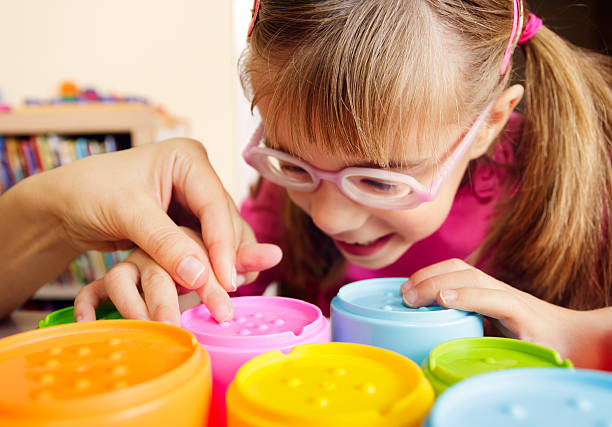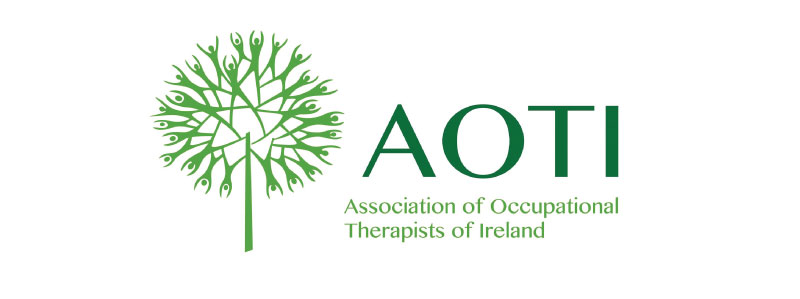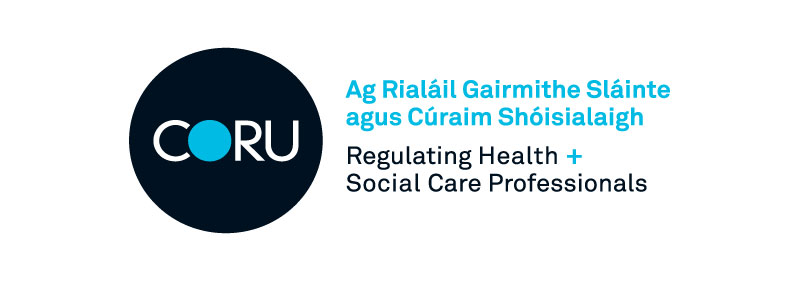Paediatrics
We are here to help your needs.

Sensory Processing
Sensory integration refers to how people use the information provided by all the sensations coming from within the body and from the external environment. For most of us, sensory integration occurs without conscious thought or effort. However for others, sensory integration happens inefficiently. For some children, sensory integration does not develop smoothly.
Because they can't rely on their senses to give them an accurate picture of the world, they don't know how to behave in response, and they may have trouble learning and behaving appropriately. Occupational Therapy works to organise your child's senses into appropriate responses. This allows your child to process sensory information effectively
People with SI dysfunction have great difficulty figuring out what is going on inside and outside their bodies, and there's no guarantee that the sensory information they're working with is accurate. In response, a child may avoid confusing or distressing sensations – or seek out more of the sensation to find out more about it. For example, a child who has difficulty integrating tactile (touch) input may avoid unpleasant touch experiences such as getting their hands messy with paint, sand, or glue, while another child may crave such touch input and actively seek it out.
For most children, sensory integration skills develop naturally. As children learn about new sensations, they become more confident about their skills, refine their ability to respond to sensory experiences, and are thus able to accomplish more and more. An infant startles and cries when a fire engine whizzes past blaring a siren, but years later when that baby is a teenager, the same noise might cause him to simply cover his ears as he watches the fire engine go down the street. As an adult, this person may merely stop talking with a friend until the fire engine passes. As sensory processing skills mature, vital pathways in the nervous system get refined and strengthened, and children get better at handling life's challenges.

The Association of Occupational Therapists of Ireland (AOTI) promotes Occupational Therapy through leadership, standards of practice, ethics, governance, education, research and advocacy on behalf of its members and in line with the World Federation of Occupational Therapists.

CORU is Ireland's multi-profession health regulator. CORU'S role is to protect the public by promoting high standards of professional conduct, education, training and competence through statutory registration of health and social care professionals. It is made up of the Health and Social Care Professionals Council and the Registration Boards, one for each profession named in our Act and was set up under the Health and Social Care Professionals Act 2005 (as amended)
OT Services: We are here for your care
Arrange an appointment by email or Call 00353 87 2244149.
Request a Callback